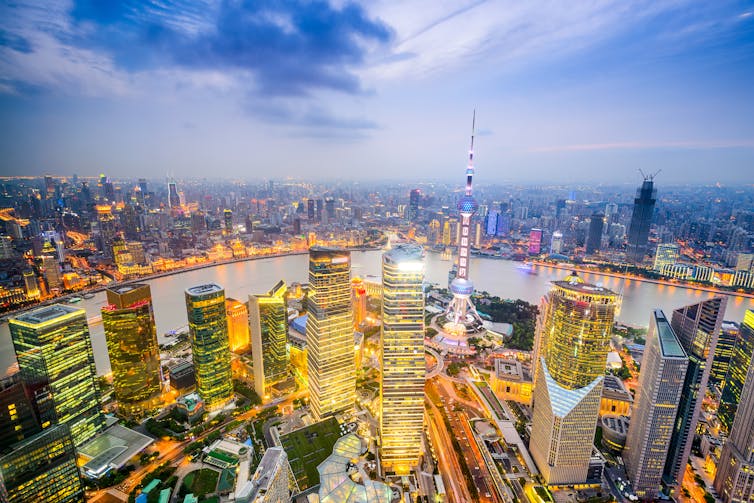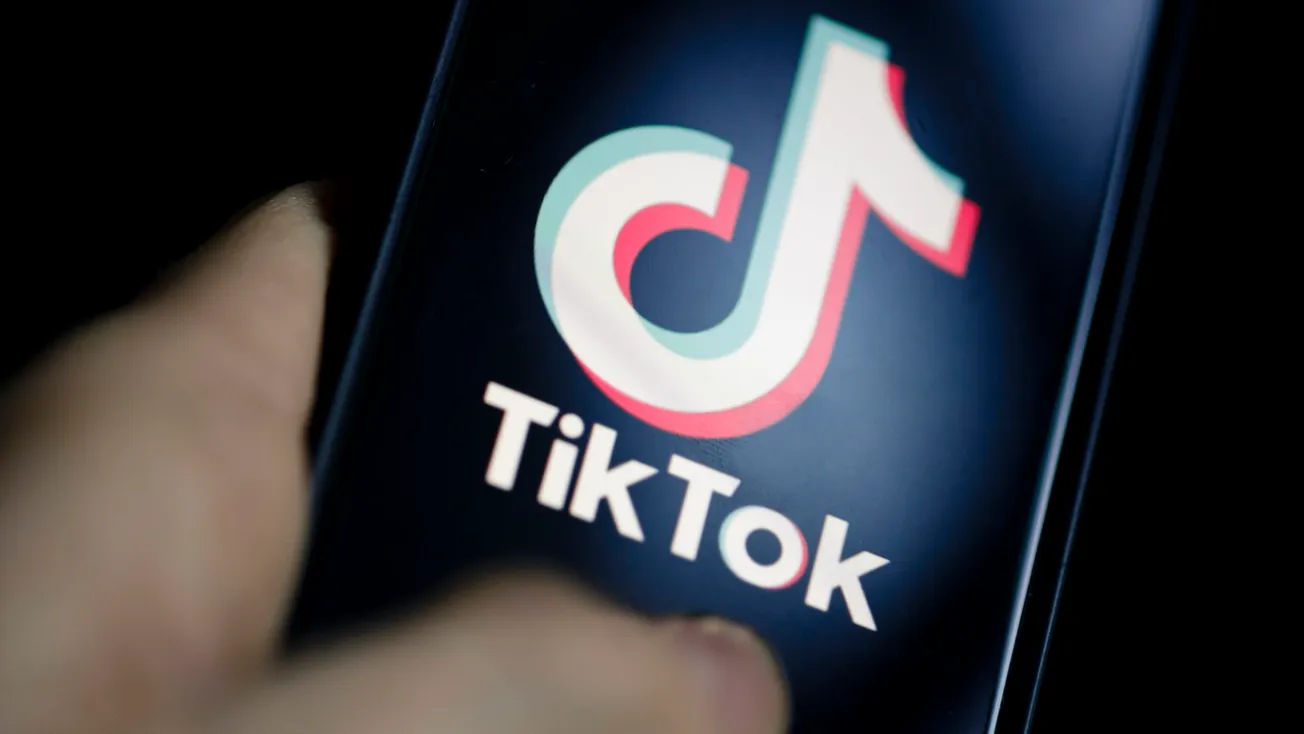Table of Contents
Ge Chen
Assistant Professor in Global Media & Information Law
China’s drive to expand its influence through soft power mechanisms like censorship is coming into sharper focus, especially under Xi Jinping’s leadership. Recently, the social media app TikTok has become a prominent symbol of this global strategy.
The platform consistently denies that its Chinese parent company, ByteDance, is close to China’s government. “ByteDance is not owned or controlled by the Chinese government. It is a private company,” TikTok’s CEO Shou Zi Chew said. However, US congressional hearings and discussions about potential bans this year may suggest that there are suspicions in some quarters of other countries suspect a deeper, more intricate connection.
The crux of the matter lies in understanding how TikTok, and platforms like it, fit into China’s wider interests in spreading its culture, enhancing its global influence and censoring views it objects to across national borders.
At first glance, TikTok provides light-hearted entertainment via catchy dances and comedic sketches. Yet, its content strategy largely reflects a prevalent ethos in China – to “live silently”.
This essentially means navigating the digital space in a seemingly non-confrontational manner, being less critical, or at least overtly so, of the Chinese government.
Given the myriad of censorship laws in China, this approach may be both strategic and necessary for TikTok. It reportedly ensures that content creators steer clear of potential controversies. By aligning itself with the Chinese government’s narrative, TikTok would certainly reduce its chances of being banned in China.
Such an ethos, however, starkly contrasts with those of Western democracies that champion freedom of expression, even when it encompasses controversial or unpopular opinions.
The US Supreme Court, for instance, adheres to a constitutional doctrine which holds that the American government cannot prohibit “expression of an idea simply because society finds the idea itself offensive or disagreeable”.
These two divergent philosophies are at the heart of the debate in Western countries over TikTok and a broader narrative about how digital platforms can become tools of the state.
When censorship meets capitalism
The potential and temptation for China to exert censorship across borders gets magnified when it’s intertwined with global economic interests. China’s emphasis on cyber sovereignty and efforts to mould digital standards globally along with its aspirations to position itself at the helm of the digital era are closely aligned with its wider geopolitical goals.
Projects such as the Belt and Road Initiative further underscore China’s ambitions, where “soft power” and censorship combine to become a formidable tool of influence.
Such global ambitions are intricately tied to China’s economic prowess. Using the promise of access to its vast market and investments, China has been criticised for exerting what has been described as “economic coercion”. Governments and corporations, eager for a slice of the pie, might find themselves compromising their principles, including freedom of expression.
This economic leverage becomes a subtle yet powerful tool, potentially making nations or businesses think twice about opposing or criticising China’s policies.
Today, global tech giants find themselves having to balance profits against democratic principles if they want to tap into China’s vast and lucrative markets. The conundrum isn’t just about TikTok’s content policies. It’s a reflection of the broader challenges global corporations face, balancing profit motives with foundational principles.
A digital divide
China’s efforts to exert influence go beyond mere content curation. Its economic prowess allows it to deploy what some academics have called “transnational repression” – a potent tool in the party-state’s transnational censorship arsenal.
There’s evidence that China has used a combination of digital platforms, surveillance technology and international collaborations to suppress dissent. This is not just happening domestically, but also among its diaspora.
If governments and corporations compromise their foundational values to access China’s markets and resources, it extends the regime’s control, ensuring that criticism and challenges to its authority are curtailed globally.
The ideological rift between platforms like TikTok and Western democratic values therefore extends beyond mere business challenges. It underscores a profound conflict of values. Digital platforms hailing from China, such as TikTok, operate within a framework that mandates content curation in line with the Chinese government’s directives.

Amplified influence
China’s unwavering adherence to its ideological principles, including campaigns such as “class struggle”, can be traced back to historical movements in China like the “Yan’an Rectification Movement” of 1942. The strategies may have changed, but the core objective remains unaltered: to amplify the influence of an assertive, authoritarian regime.
In today’s interconnected world, digital platforms are not just sources of entertainment. Instead, they represent the convergence of technology, politics and culture. TikTok, and its global reach, is a testament to this fusion. With its catchy challenges and trending dances, it is not just an entertainment app, but a digital stage where business, entertainment and geopolitics converge.
As we continue to interact with these platforms, it’s vital to understand these underlying currents, recognising the geopolitical games at play beneath the surface of viral trends and social media challenges.
This article is republished from The Conversation under a Creative Commons license. Read the original article.









